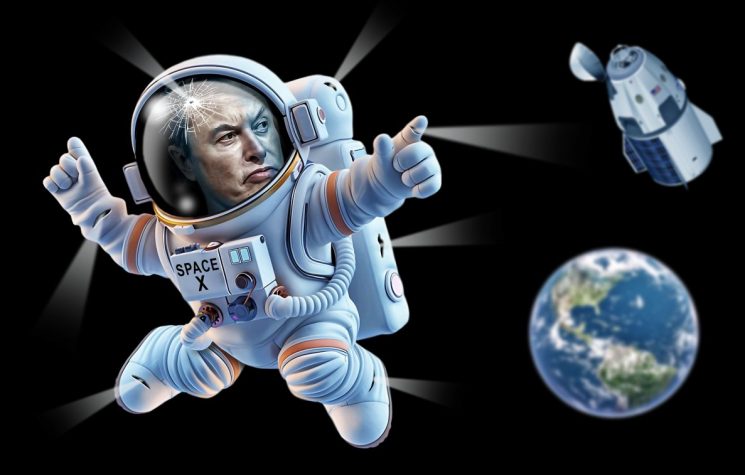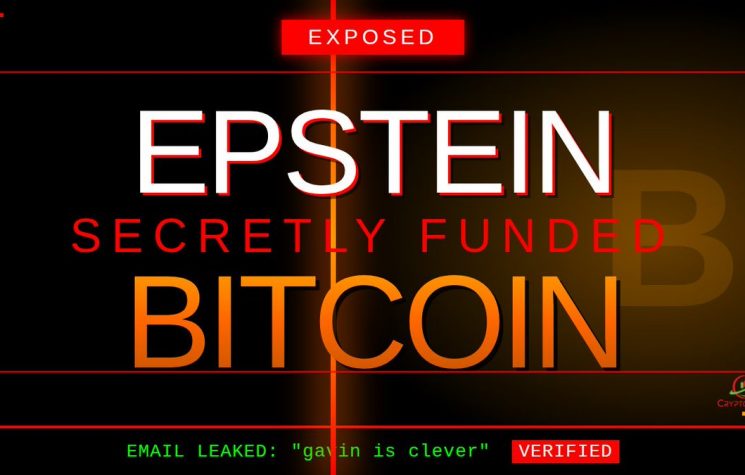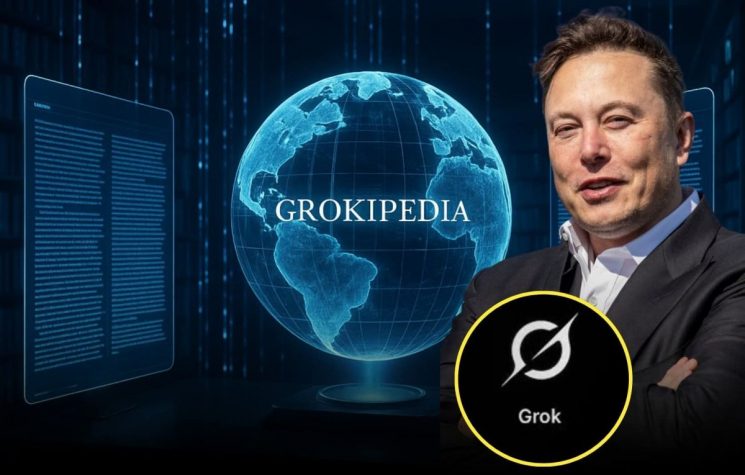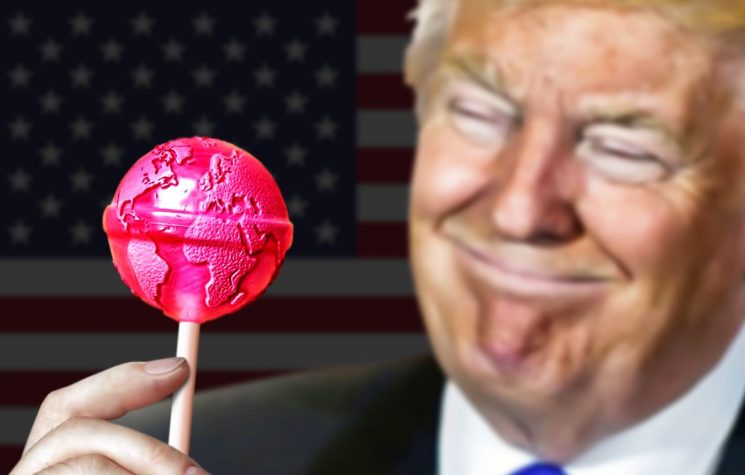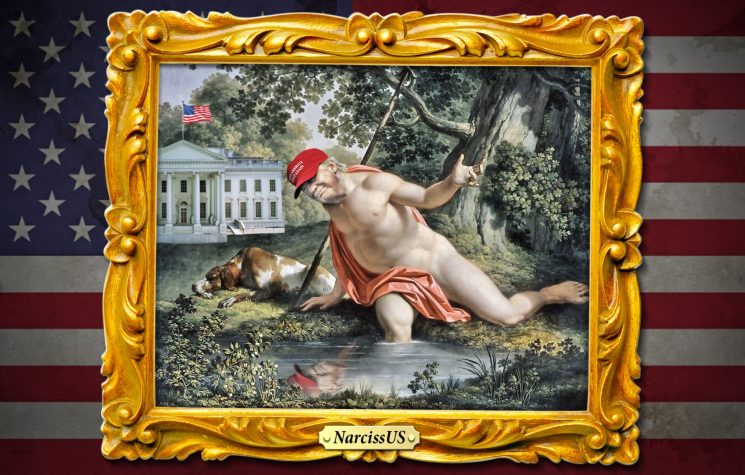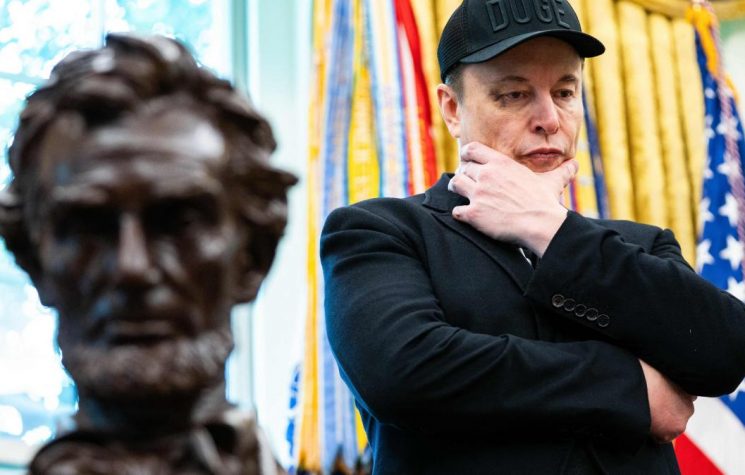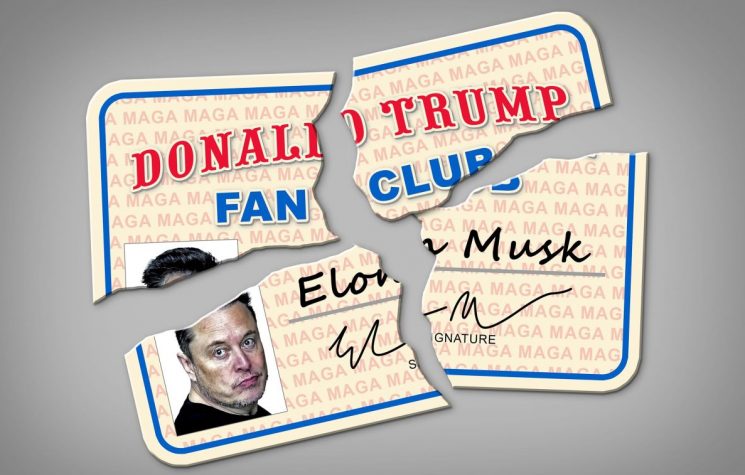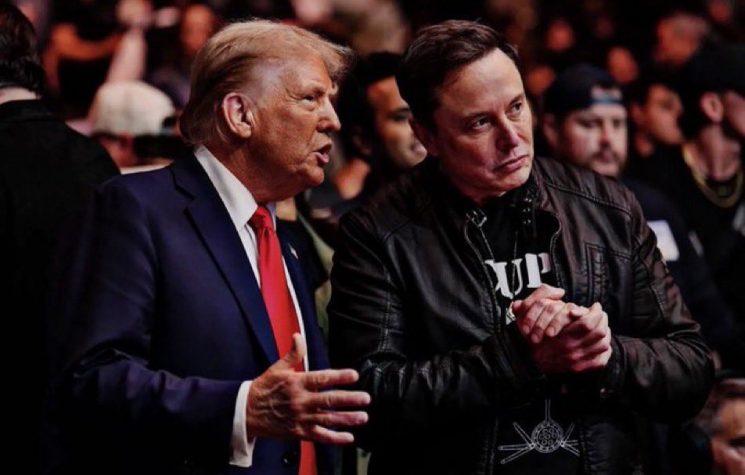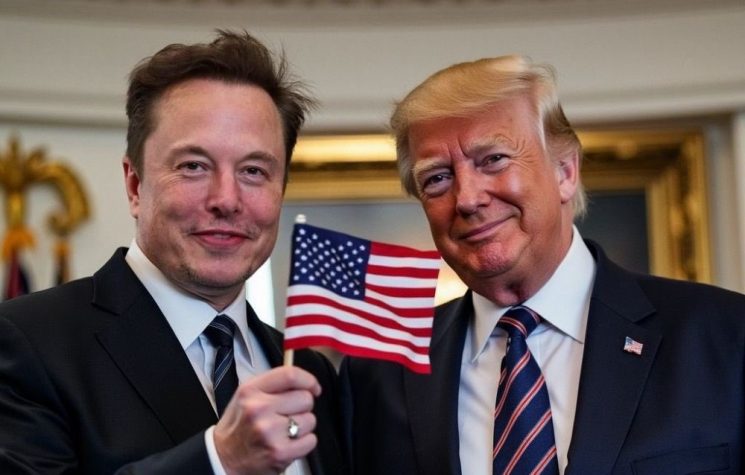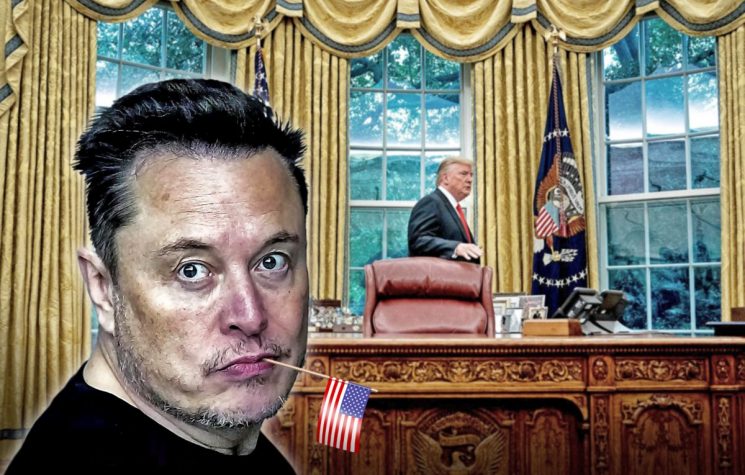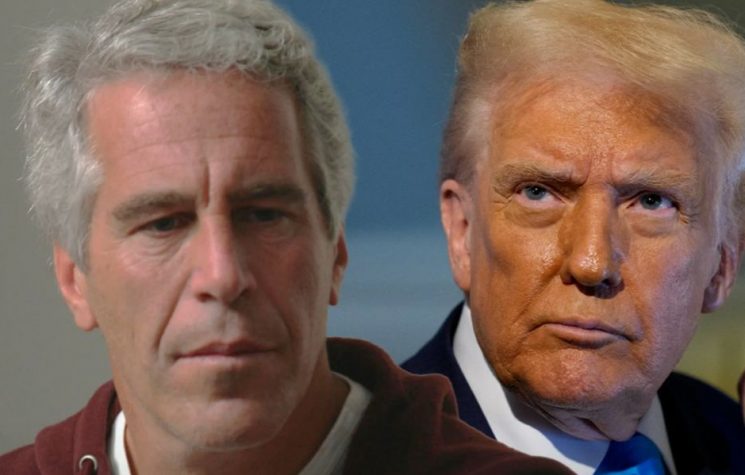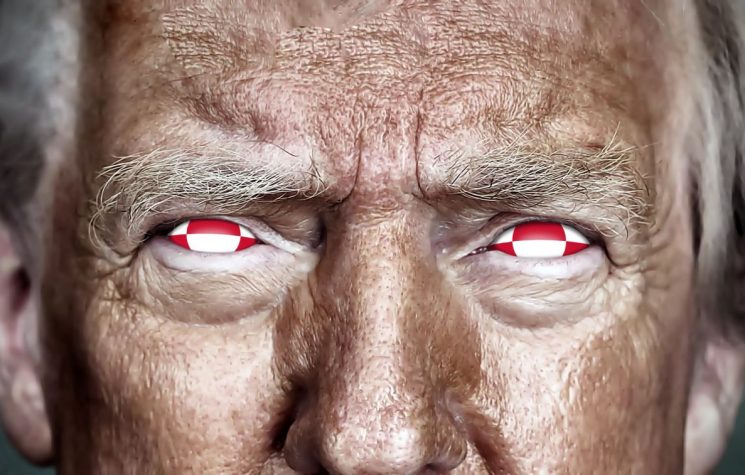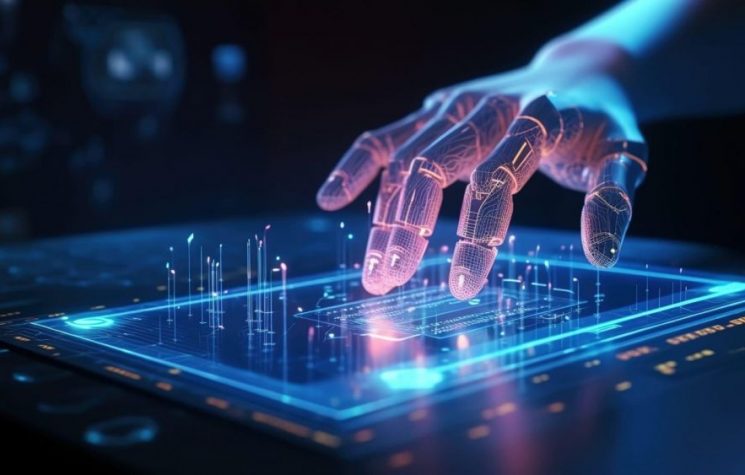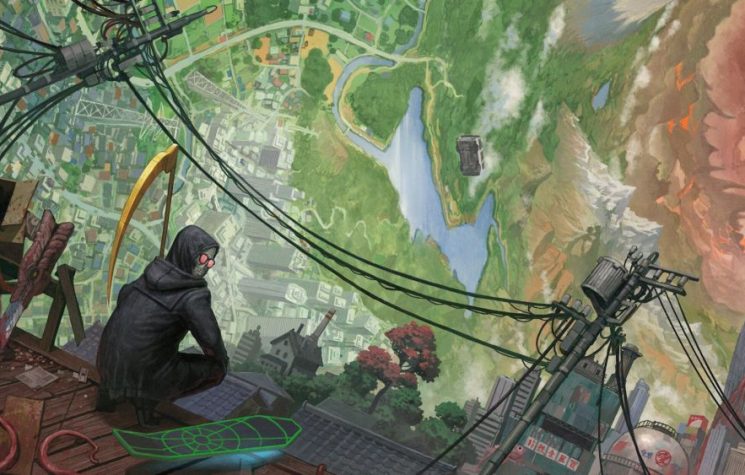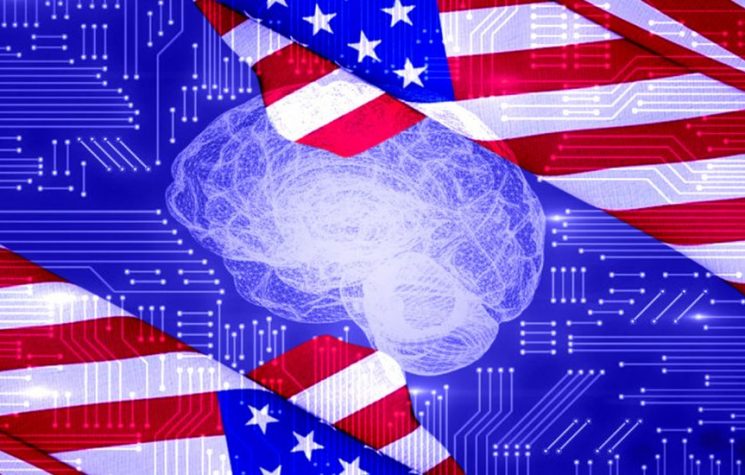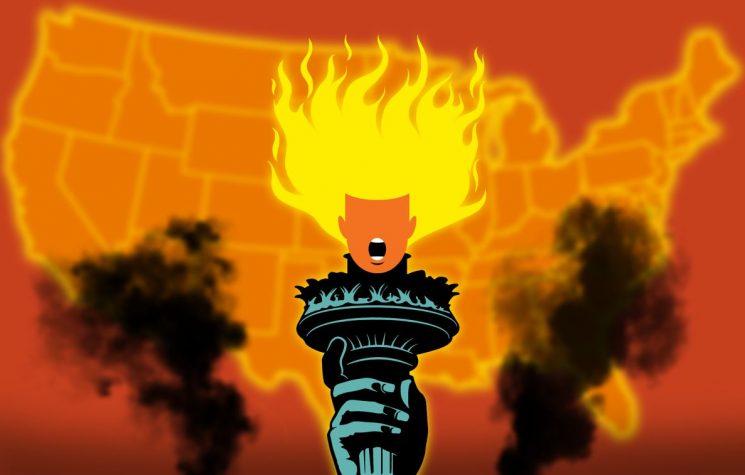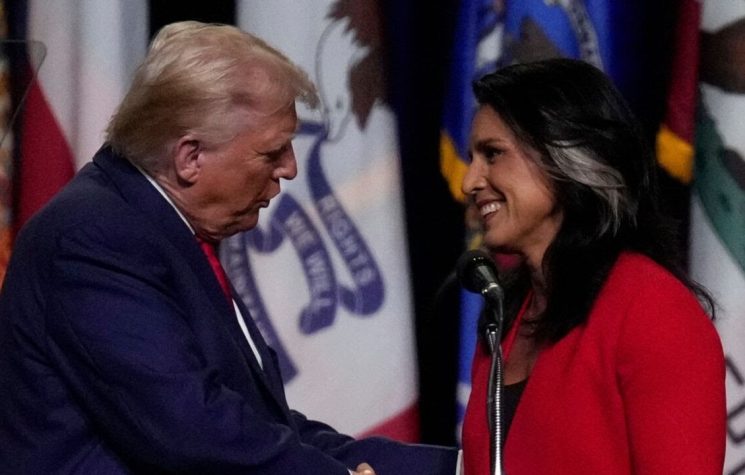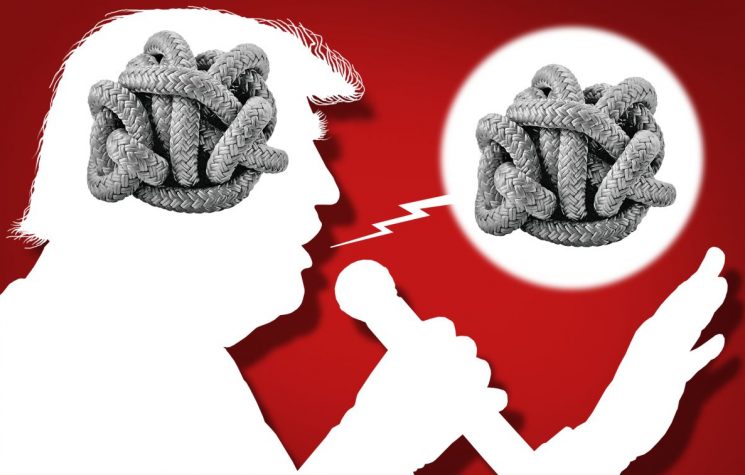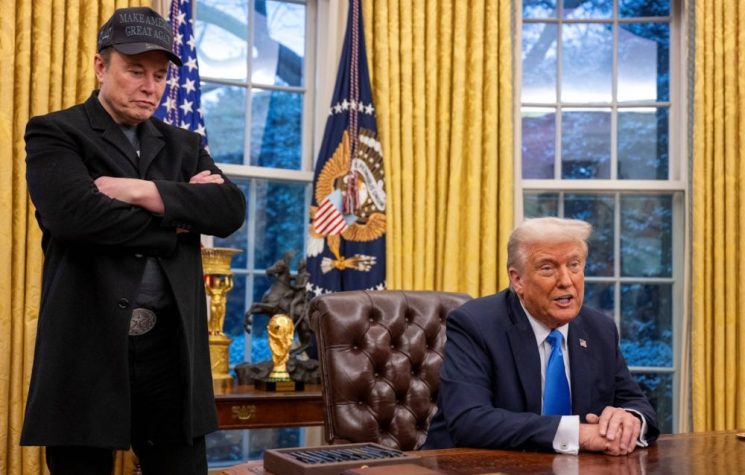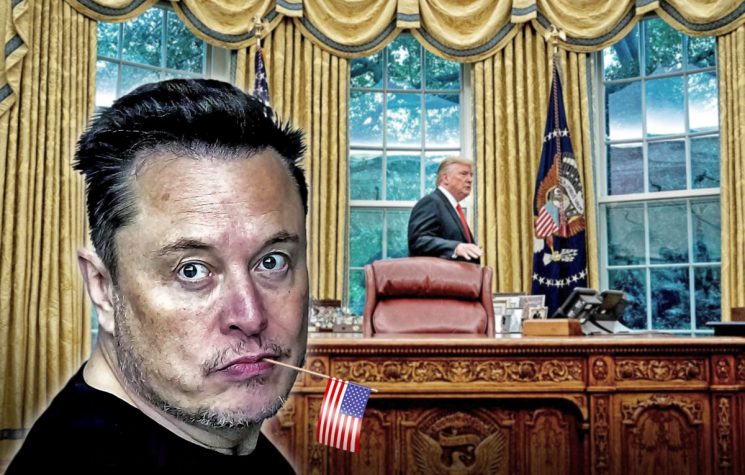Of shadow governments and hidden potentates there are enough of them around the world, this is certainly nothing new.
Contact us: info@strategic-culture.su
Let us start with a brief summary to answer the question: who is Elon Musk?
From what we learn on the web, Musk is a South African-Canadian-American entrepreneur, inventor and visionary, born on 28 June 1971 in Pretoria, South Africa. He is known as one of the founders and leaders of some of the world’s most influential technology companies.
Musk began his entrepreneurial career with Zip2, a newspaper software company, which was later sold to Compaq for $307 million in 1999. This success allowed him to found X.com, which later became PayPal, a pioneer in online payments. After the sale of PayPal to eBay for $1.5 billion, Musk turned his attention to more ambitious projects.
In 2004, he co-founded SpaceX, with the goal of reducing the cost of access to space and colonising Mars. The company became the first private company to send a spacecraft, the Dragon, to the International Space Station. In parallel, in 2003, Musk invested in Tesla Motors, becoming its CEO in 2008, turning it into a global leader in electric vehicles and renewable energy.
Since then, Musk has founded or been involved in several other ventures: Neuralink, which aims to develop brain-computer interfaces; The Boring Company, focused on underground transport infrastructure; and xAI, a company dedicated to accelerating human scientific discovery through artificial intelligence.
The Pretoria ‘boy’ is also known for his active presence on social media, particularly on X (formerly Twitter), where he shares updates on his companies, memes, and opinions on various topics, often influencing public discourse. His futuristic vision and bold approach to solving global problems have made him a controversial but unquestionably influential figure in the contemporary technological and cultural landscape.
Musk has been able to do business and invest in the right place at the right time. Companies he has founded and/or directed include:
- Zip2: Founded in 1995 with his brother Kimbal, Zip2 was a company that provided online content for newspapers. It was sold to Compaq for about $307 million in 1999.
- X. com/PayPal: In 1999, Musk founded X.com, an online bank that merged with Confinity to become PayPal, a leading online payment system. Sold to eBay for $1.5 billion in 2002.
- SpaceX (Space Exploration Technologies Corp.): Founded in 2002, SpaceX aims to reduce the cost of access to space and to colonise Mars. It has developed reusable rockets such as Falcon 9 and Falcon Heavy, and spacecraft such as Dragon.
- Tesla Motors (now Tesla, Inc.): Musk joined as an investor in 2004, becoming CEO in 2008. Tesla has become a leader in electric vehicle production and battery technology, with models such as Model S, Model 3, Model X and Model Y.
- SolarCity: Co-founded in 2006, SolarCity focuses on solar-related products and services. Acquired by Tesla in 2016 to expand the renewable energy portfolio.
- Hyperloop: Although not a Musk company, it proposed the Hyperloop concept in 2013, a high-speed transport system, and several companies, such as Virgin Hyperloop, are developing versions of it.
- The Boring Company : Founded in 2016, this company is dedicated to building tunnels to reduce urban traffic, with projects such as the Las Vegas Loop.
- Neuralink: Founded in 2016, Neuralink develops neural interfaces to connect the human brain with artificial intelligence, with the aim of improving cognitive abilities and treating neurological diseases.
- OpenAI: Musk was among the founders in 2015, with the goal of developing AI that is safe and beneficial to humanity, although he broke away in 2018 to avoid conflicts of interest with Tesla.
- xAI: Founded in 2023, xAI focuses on creating artificial intelligence to accelerate human scientific discovery.
- X Corp: After the acquisition of Twitter in 2022, Musk rebranded the platform to ‘X’, turning it into a broader communication platform.
That’s a lot of power, isn’t it? We are talking about some of the most avant-garde companies in technological research, with various market monopolies. All in the hands of one man.
A political unusual role
Now, it is interesting to note that the rise of these companies/projects occurred during the time of Trump’s first presidency, right at the time of his departure, with significant funding, including federal funding. Even more interesting is how instrumental Musk was during Trump’s 2024 election campaign. A veritable ‘atom bomb’ of election propaganda. Certainly a great investment, since Musk is now one of the richest men in the world.
Musk’s political methodology is well known: with his social media posts, especially on X, he powerfully influences various areas of social life, from markets to politics. If Musk says he likes orange juice, the next day the juice will cost twice as much on the New York stock exchange; if he says he dislikes a politician from a foreign country, that politician is guaranteed to have disadvantages. Musk falls into that transversal category of ‘state-men’, i.e. men who alone can talk to presidents and institutions as if they were states in their own right. It is curious that Trump’s electoral victory was matched by his election as a member of the government – a possibility that had only been described by very few American alternative channels, but not picked up by Western counter-information.
Musk has been put in charge of the Doge, the Department of Government Efficency, a name that plays on the cryptocurrency Dogecoin of which Musk is the big promoter as well as the owner. A Department of Government Efficiency in the hands of a turbo-capitalist promoter of transhumanism, owner of big tech companies and would-be coloniser of other planets… One legitimately wonders: why Musk?
There have been several moments when Musk has given pause for thought about his real political influence. Last Sunday, for instance, during a speech by Trump in Arizona, he intervened by scuttling the budget bill negotiated with Congress. The incident was the latest in which Musk took an atypical role in the new Trump administration, prompting criticism from Democrats and the Republican Party itself. In this regard, Trump praised Musk, before adding: ‘And no, he’s not going to take the presidency’. Musk’s regular presence at Trump’s side before his inauguration on 20 January has been causing concern among many political analysts for weeks. The billionaire was present when Trump spoke to Zelensky after his election victory, he also attended recent meetings with French President Emmanuel Macron in Europe, and it was he who honoured Italian Prime Minister Giorgia Meloni in New York.
Let’s try to think for a moment: what if Elon Musk is the real ‘president’? He was already there when Trump was first elected – a businessman who certainly does not have to learn from Musk how to make money -, he was ready to come on the scene in 2024 and take a leading role. The support in the election campaign was crucial. Elon Musk enjoys approval not only in America but all over the world. In Europe, he is revered as a kind of prophet of technology and a defender of democracy because he turned Twitter into X, clearing many freedoms of expression on ‘politically incorrect’ issues. Yet, there is nothing different from the usual American self-made man who periodically gets pulled out of a white garage of some American citizen and becomes a technology lord. He is simply presented with a different license of morality: he talks about the Deep State, he makes memes that go viral with which he influences markets and politics, he lives a ‘TV show’ life and not in a boring office. So why not trust him? After all, people need idols to worship and political certainties to lean on.
In reality, it matters little whether Musk is the ‘real’ President or not. Now the signature is Trump’s and successes and failures will be blamed on him. Whether Musk will emerge as the next candidate, we will find out later. Of shadow governments and hidden potentates there are enough of them around the world, this is certainly nothing new.










